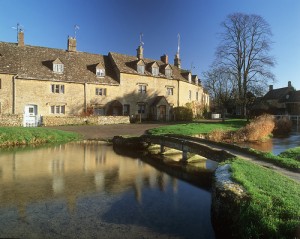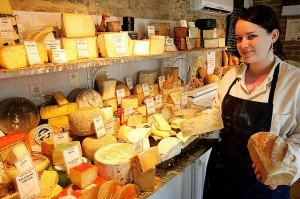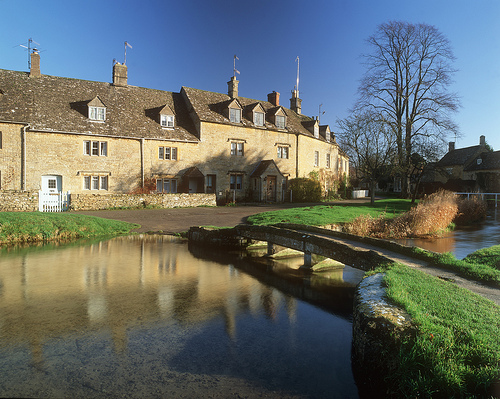
Sometimes people take the proverbial when I talk about responsible tourism as a ‘worldwide movement’. I try and make the point that it is not just for hippies and ecowarriors, or about solar panels and changing towels, but that the very core of tourism is changing. This change has been led not only by switched on businesses, but also by growing numbers of tourists who realise that their impacts on local economies, resources, culture and communities can be hugely detrimental.
There are times when I lose the faith, however, when profit-before-people tourism seems to be taking over. There are too many examples of senseless destruction to list – we have all seen them on our travels I am sure, from Donald Trump’s highly questionable plans to build a golf course on one of Scotland’s most stunning coastlines in Aberdeenshire (check out the website youvebeentrumped.com about the superb film which questions the ethics of this project), to the blatant abuse of human rights in the name of tourism.
Then suddenly I see the movement lashing into the mainstream again, and my faith is restored. The last two weeks saw two incidences of this. First, in the South East of England, where nine Protected Landscapes have united on one website called our-land.co.uk, to promote their sustainable tourism businesses. More than a third of England’s South East region is officially classified as Protected Landscape and employment in tourism in these areas is around double the national average at almost 20%, in some cases is much higher, such as on the Isle of Wight (one of my favourite places for what it’s worth), where it accounts for 41%.
The Protected Landscapes consist of two National Parks and seven Areas of Outstanding Natural Beauty (AONB): the Chilterns, Cotswolds, High Weald, Isle of Wight, Kent Downs, New Forest, North Wessex Downs, South Downs and the Surrey Hills, some of these less than an hour from London. Funded by a £1m grant from the Rural Development Programme for England (RDPE), to be spent over the next 2.5 years, it is intended the model will continue to prosper commercially after that and be available as a template for other protected landscapes across the country.
our-land.co.uk is a fine website, where sustainable B&B’s, self-catering properties, small hotels and activity providers can list for free and gain advice on how to put landscape and conservation at the heart of their businesses. The only condition is that the business must offer something more than just a ‘place to stay’, but ‘provide visitors with a real connection with the people, the landscape, the culture and the environment’. So, if you are planning a trip to London, for example, but fancy a couple of nights away from the madness, this is a top site to get a quick overview into where to stay or what to do in one of these Protected Areas, from farmstays to fishing, walking breaks and walking guides, to thatched cottages and cycling breaks.

A very different website also launched ten days ago – a blog called Conscious Travel (conscioustourism.wordpress.com). Created by Anna Pollock, one of the most inspiring speakers on ‘creating change in tourism’ I have ever heard, she has worked with tourism boards around the world to advise on climate change and tourism, sustainability and responsibility. It has developed out of the Conscious Capitalism philosophy, which believes that ‘a more complex form of capitalism is emerging, that holds the potential for enhancing corporate performance while simultaneously continuing to advance the quality of life for billions of people’ (consciouscapitalism.org). Similarly in tourism, Pollock firmly believes there is a worldwide group of Conscious Travellers who, post-recession, are seeking a consumerism which is ‘mindful, collaborative, participative and co-creative. At the same time there are Conscious Hosts who are ‘awake, alert and aware’ to changing consumer needs, whose business decisions are values-based, and about collaborating together as communities to help one another.
The Conscious Travel blog is in its early days, but Pollock has spent years assimilating this philosophy and is definitely one to watch. And be inspired by. Both these sites are fine examples of not only how much the responsible tourism movement has travelled, but how, at this rate, it will be whacking the unwanted and outmoded Trump-like models of tourism straight into the rough.
An edited version of this article was first published in The Irish Times

